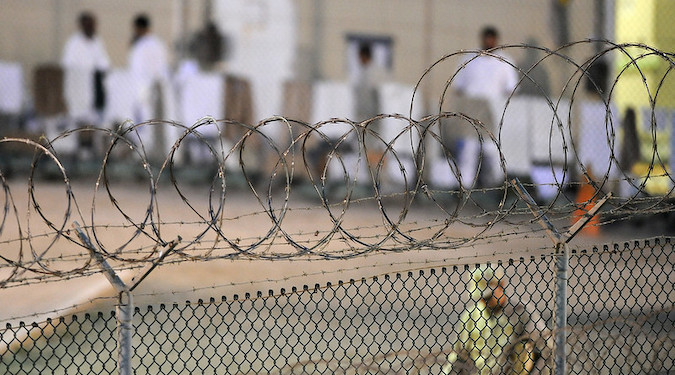Aaron Shepard endeavors to examine the roots of the failures of the Guantanamo military commissions and suggest potential solutions to remedy them. His paper begins with an introduction to the concept of military commissions, including a brief overview of their historic utilization and import. It then provides a detailed background on Guantanamo Bay, covers the… Continue reading Commissions Impossible: How Can Future Military Commissions Avoid the Failures of Guantanamo?
Tag: Military Law
Apparent Unlawful Command Influence: An Unworkable Test for an Untenable Doctrine
Article 37 of the Uniform Code of Military Justice (UCMJ) prohibits unlawful command influence (UCI) in military prosecutions. The prohibition of UCI, Vincent A. Marrazzo argues, is a critical component of the military justice system, ensuring both fairness and public confidence in the military prosecution process. Marrazzo contends, however, that the Court of Appeals for… Continue reading Apparent Unlawful Command Influence: An Unworkable Test for an Untenable Doctrine
Symposium on Military Justice | October 2021
Hosted by National Institute of Military Justice (in honor of NIMJ’s 30th anniversary) The following pieces are from the “30 Years of Military Justice” symposium held on Oct. 28, 2021, with keynote speaker Senator Kirsten Gillibrand (D-NY), and in partnership with Georgetown University Law Center’s Center on National Security and the Law, the Journal of… Continue reading Symposium on Military Justice | October 2021


